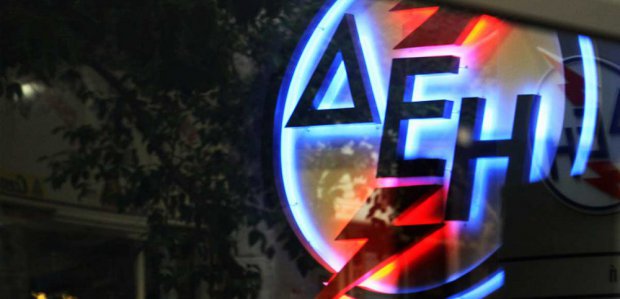Main power utility PPC’s increasingly attractive discount offers for clients, made in a bid to prevent transfers to rival electricity suppliers, essentially represents a time-wasting tactic employed by the utility as it prepares its attempt to meet bailout-required market share contraction targets through the establishment and sale of electricity supply subsidiaries, in which it could be a partner, local market authorities believe.
PPC’s recent decision to offer an additional discount of 6 percent to clients who are prepared to prepay a year’s worth of consumption – determined by consumption over the previous twelve months – promises to provide the utility with borrowed liquidity from customers at a time when banks have shut off credit supply to the market.
PPC’s tactics are also focusing on stopping reliable clients who have remained punctual with their electricity bill payments and belong to higher income brackets from transferring to rival electricity suppliers. This is especially true for the mid-voltage category, where competition between rival suppliers is intense.
“There is no doubt that this move [6 percent discount] will, to a certain degree, restrict consumer mobility in the retail electricity market, as was also the case with PPC’s preceding 15 percent discount offer for punctual clients,” one market official commented, reflecting the overall view of independent electricity suppliers seeking to gain ground in the market.
Despite the obstacles and concerns, independent suppliers believe market forces will ultimately produce the desired results.
The situation is paradoxical as PPC is currently seeking to hold on to clients at a time when bailout terms require the utility to significantly reduce its dominant market share to less than 50 percent by the end of 2020. The utility’s effort to establish and sell supply subsidiaries appears to be a strategic decision that may serve as a defense against this market contraction requirement.
PPC needs time to establish and sell subsidiaries. No results are expected before the end of this year. The utility has yet to appoint a consultant for the effort. Until it its ready, PPC does not want to lose its punctual clients and be left with customers stranded by debt.
“Through its additional 6 percent discount offer, PPC is essentially paying to keep customers,” a market authority told energypress, while also reminding that the annual cost of the utility’s preceding 15 percent discount amounts to roughly 330 million euros. “But PPC must let go of customers if it is to avoid needing to sell production units,” the official added.





